Cardiovascular exercise has many known benefits such as strengthening your heart, increasing stamina and managing weight and stress.
But what is the ideal amount of cardio for health and wellness?
Benefits of Cardio
Running, biking, hiking, swimming… cardio comes in many forms. Cardio exercise (also known as aerobic exercise) is an activity, sport, or type of exercise that raises your heart rate and breathing.
Here are a few of the benefits of aerobic exercises:
Helps to lose or manage weight
Builds a strong heart
Boosts immune system
Improves endurance
Helps prevent some chronic diseases
Reduces stress
Improves your mood
Cardio For Optimal Health
As previously illustrated, Cardiovascular exercise is an essential component of a healthy lifestyle. But how much do you actually need?
If your goal is to achieve optimal health, then the Heart and Stroke Foundation of Canada recommends 150 minutes of moderate to vigorous intensity aerobic physical activity per week.
What constitutes moderate to vigorous exercise? For example, moderate aerobic exercise would be a brisk walk, while vigorous exercise would be a run or a fast bike ride. So if you did 30 minutes of fast walking, jogging or biking 5 days a week, then you would be on the right track.
Of course, many active individuals and athletes go beyond the recommended 150 minutes of aerobic exercise. Either because it is part of their training or because of sheer enjoyment of their sport. How much you choose to do is up to you!
Can You Do Too Much Cardio?
As with everything in life, it is important to try to keep everything in moderation. Too much exercise in general can lead to fatigue and overtraining.
Incorporating a combination of strength training and aerobic exercise, with adequate rest, is essential for building a strong and healthy body. Strength and cardio also complement one another - runners and cyclists who incorporate strength into their training are often stronger and less injury prone. While adding cardio to a strength training regime adds endurance.

